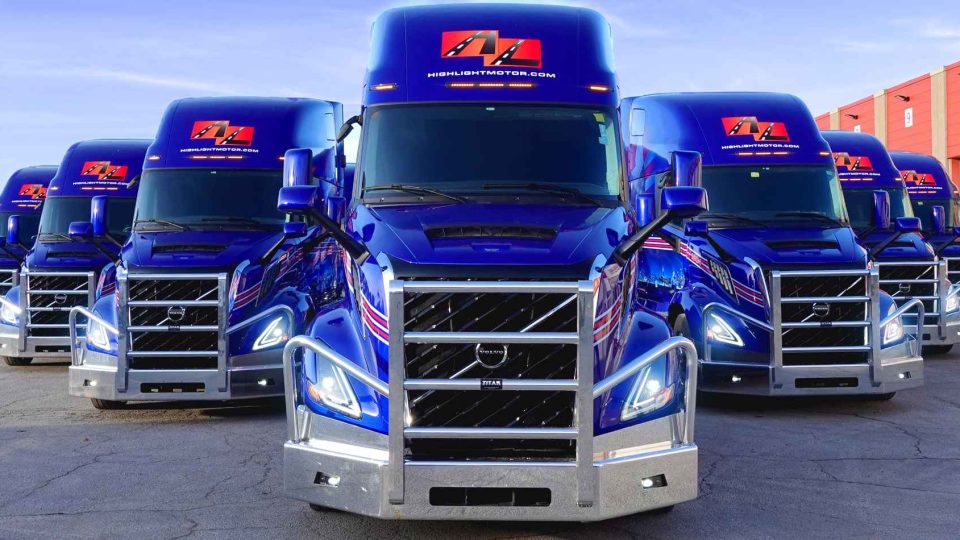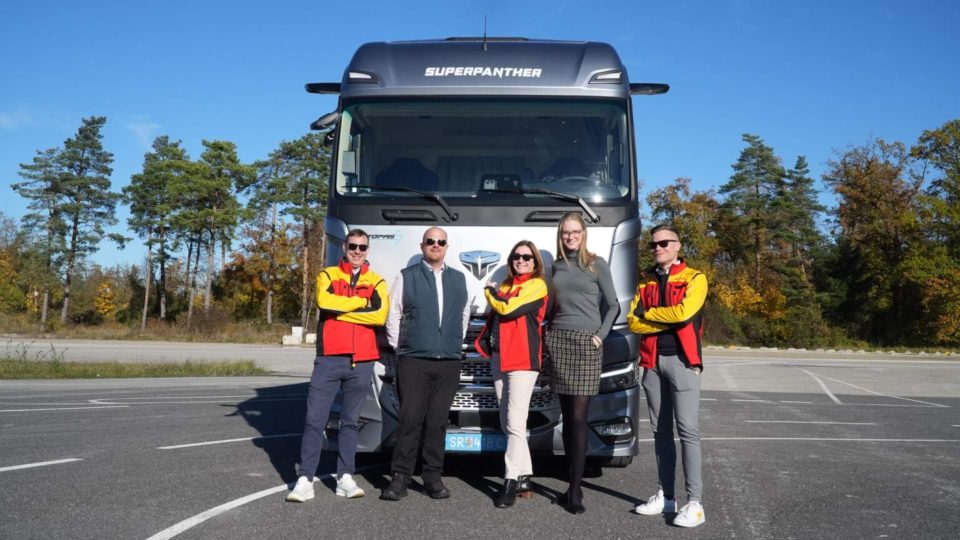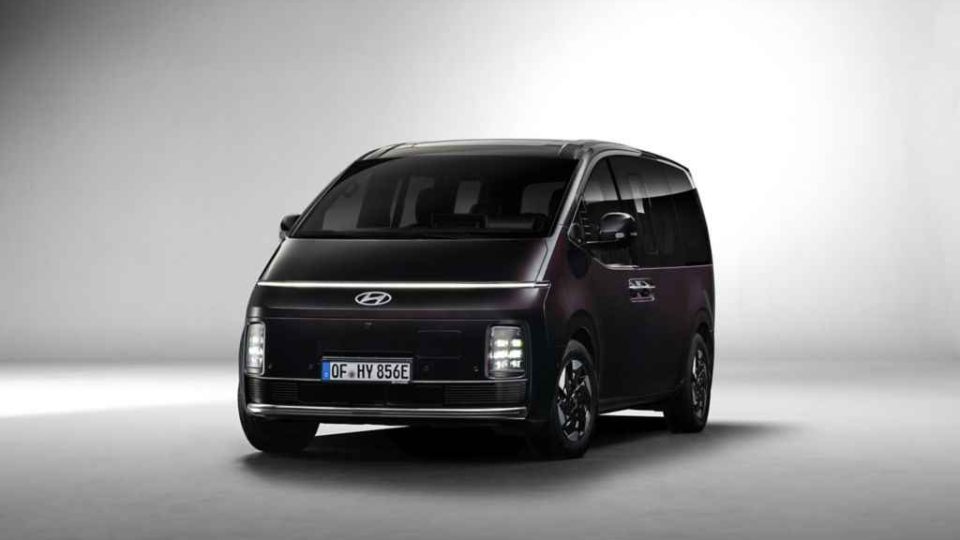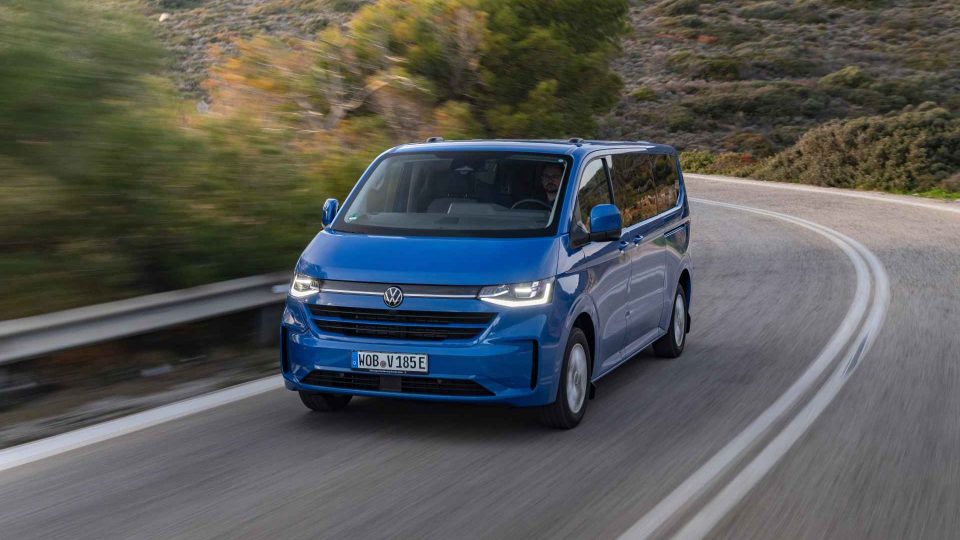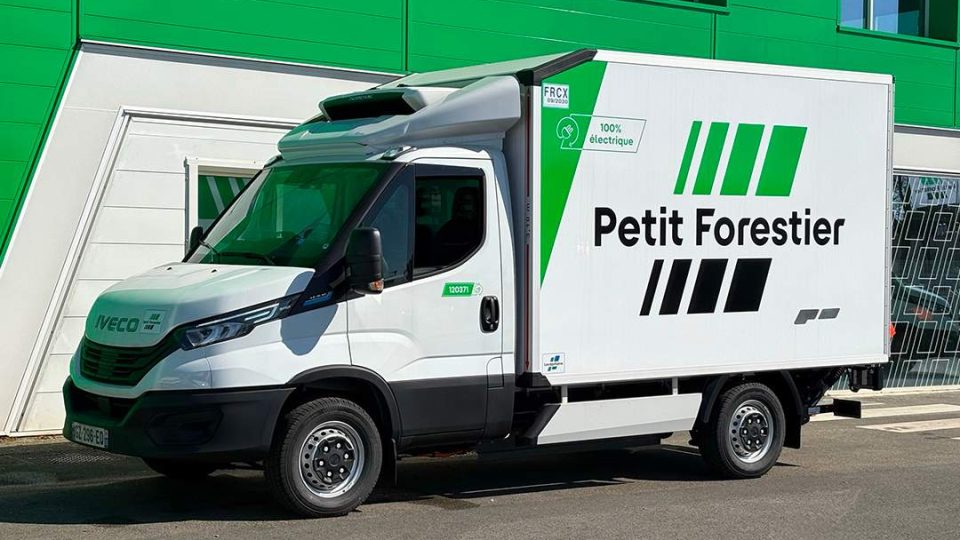Renault, Volvo and CMA CGM officially launch the JV Flexis SAS. E-vans with native architecture from 2026
Renault and Volvo share 45 percent ownership, with CMA CGM holding the remaining 10 percent. Also announced at the official launch was the new CEO of Flexis, who will be Philippe Divry, while Krishnan Sundararajan will take over as COO. The partners have given themselves two years to define and strengthen the structure before moving on to mass production of the vans.

During an international press event, Renault Group, Volvo and logistics operator CMA CGM today unveiled Flexis SAS, the new joint venture created with the aim of developing an innovative, software-based platform for a line of native electric vans. The partners have given themselves two years to define and strengthen the structure before moving on to mass production of the vans.
The birth of the joint venture had been announced last March 22. Now the shares have been made official: Renault and Volvo share 45 percent ownership, with CMA CGM holding the remaining 10 percent. Also announced at the official launch was the new CEO of Flexis, who will be Philippe Divry, while Krishnan Sundararajan will take over as COO.
Renault and Volvo to invest 300 million euros each in Flexis SAS
Over the next few years, Renault and Volvo have planned investments of 300 million euros each, while CMA CGM is expected to invest about 120 million. Flexis SAS will be headquartered in France and will build its electric vans at Renault’s Sandouville plant, also in France.
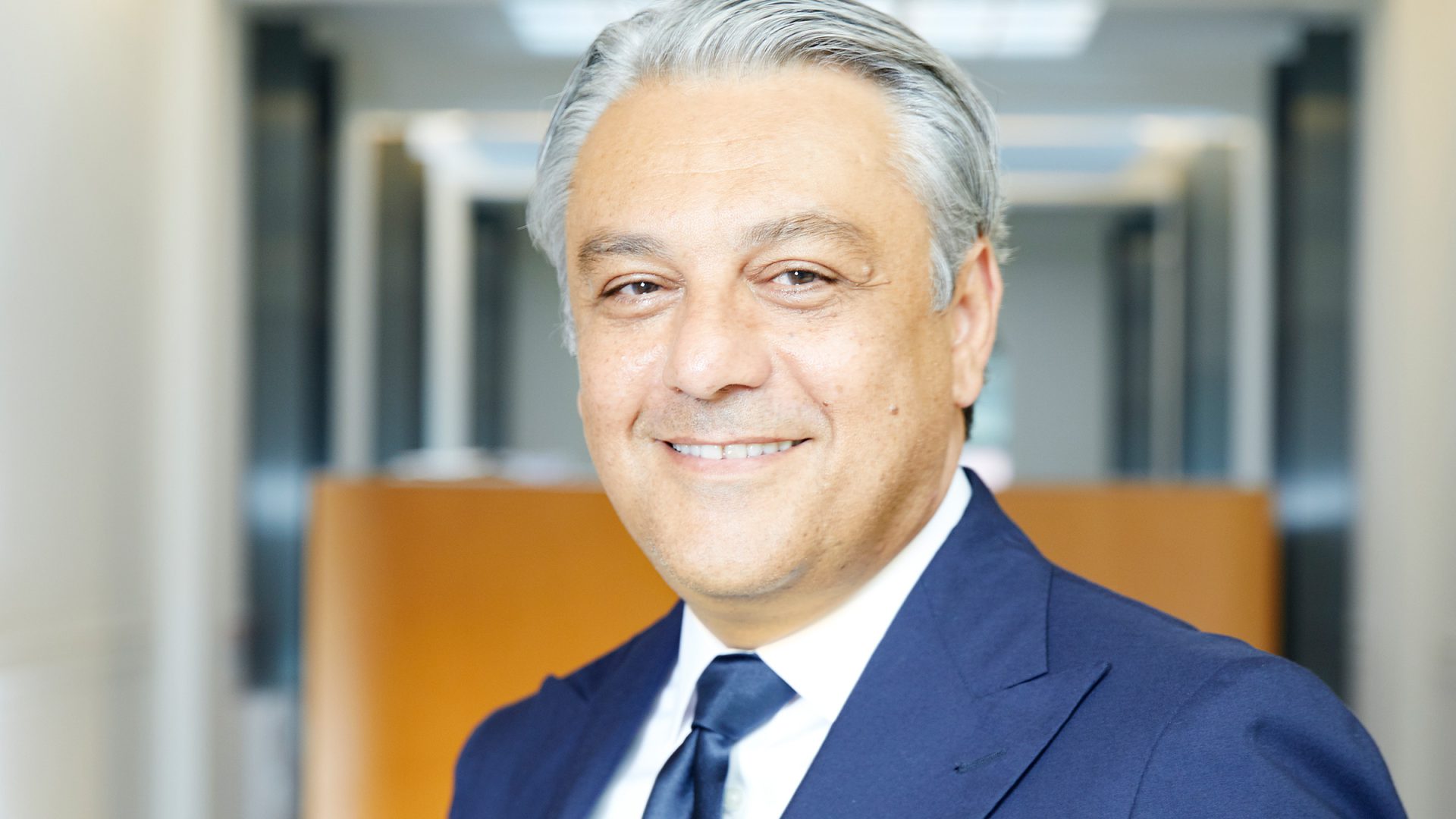
Renault’s CEO, Luca de Meo, was very insistent on the highly innovative scope of the project, the first in Europe aimed at designing a native electric architecture for software-based commercial vehicles, with the goal of achieving a high level of vehicle customization based on individual needs. “More than list price, we need to talk about TCO, what logistics operators really care about today,” he said, answering a question coming from the audience. “We will be able to reduce TCO by 30 percent due to the fact that connected vehicles will be able to significantly increase the productivity of companies.”
“We need to move a brown fossil-based platform ecosystem to a green one, in accordance with the goals we as manufacturers have set for ourselves for 2040″, added Martin Lundstedt, president and CEO of Volvo. “E-commerce will continue to grow in the coming years, the focus should be on not only urban transport but also hub-to-hub transport or port logistics. We see so many opportunities.”
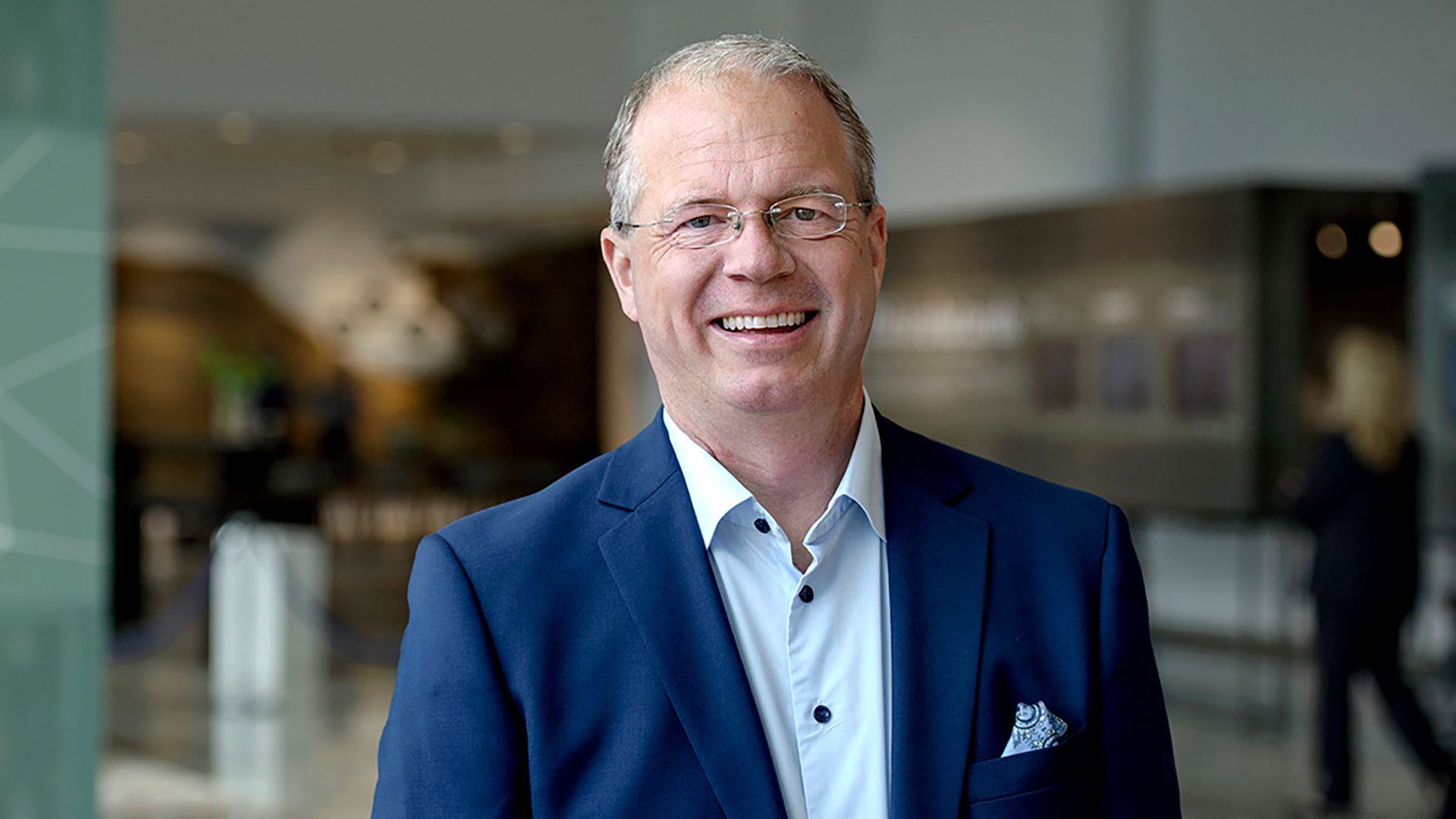
Facing the challenges of global competition
The press event allowed the speakers to talk about the Asian, and particularly Chinese, “threat” to European manufacturers on commercial vehicles as well as cars. “As European manufacturers, we need to be competitive in the long run, not only in the immediate. And we don’t need market protections, only ideas and proposals-we are convinced of what we are achieving,” Lundstedt added. On the same wavelength, de Meo: “Renault is the number one commercial vehicle manufacturer in Europe: now we have to raise the bar, become more sophisticated and increase our level of expertise to meet the challenge of global competition.”
From a technical point of view, the electric vehicles for urban distribution will be assembled on a new skateboard-type platform dedicated to 100% electric LCVs, which will offer great modularity to fit various different body types at a competitive cost, and will introduce major safety improvements. Wiring harnesses will be 800 volts with two types of batteries available. Of course, more details will be provided in the coming months. For example, we do not yet know whether Flexis will also be the commercial name of the vans, as well as the legal name of the joint venture. What is known, however, is that it will be a stepvan, presumably modeled after those popular in the U.S. market. Finally, connected services will allow customers to have up-to-date vehicles throughout their life cycle.



